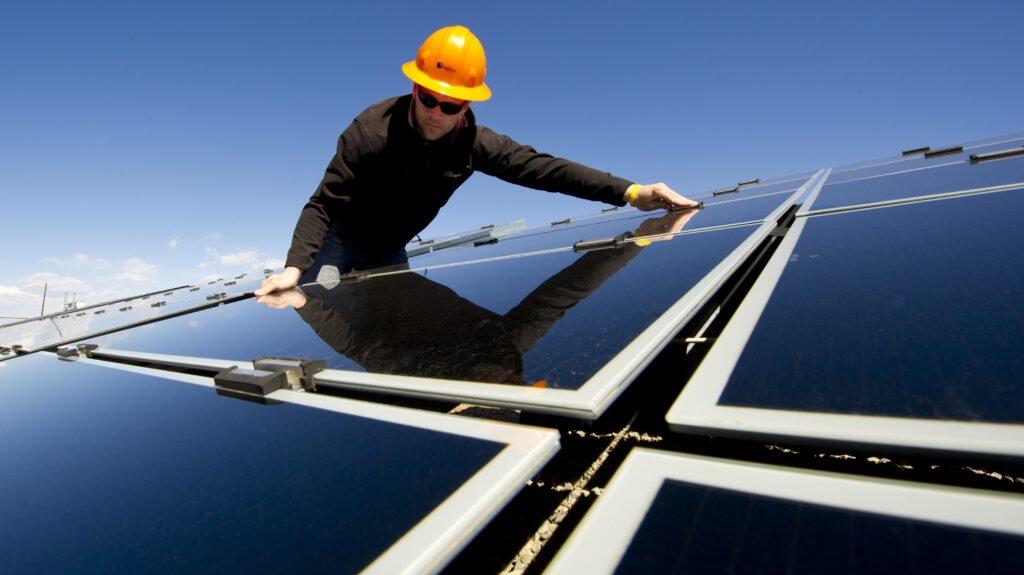 Articles
ArticlesEngineers already knew that size matters when using single-walled carbon nanotubes for their electrical properties. But until now, nobody had studied how electrons act when confronted with the Russian doll-like structure of multiwalled tubes. Rice University researchers calculated the effect of curvature of semiconducting double-wall carbon Nanotubes on their flexoelectric voltage. This affects how suitable nested nanotube pairs may be for nanoelectronics applications, especially photovoltaics. The team suggests its findings may apply to other types of nanotsubes, including boron nitride and and molybdenum disulfide, on their own or as hybrids with carbon nanOTubes. The research appears in journal Nano Letters and the team suggests it may be a very powerful way of inducing voltage for certain applications, the researchers write. The findings may also apply to othernanotubes. The Army Research Office and Quantlab Financial.
Read Full articleEscaping the horns of a dilemma
Zen and the Art of Motorcycle Maintenance has written a blog about the hydrogen economy. He argues that electrifying everything is the right way to go. Using hydrogen in the gas grid is an understandable effort by the gas industry to maintain their position.
Read Full articleCentral banks need to prepare for climate change
There is mounting evidence that climate change and environmental degradation pose an existential threat. Climate change drives policy-makers into a state of self-examination, says Andrew Hammond. He asks: Is the hallowed principle of ‘market neutrality still relevant in light.
Read Full articleChemical Industry could go totally carbon neutral
Switzerlands Federal Council has decided that the country should become carbon-neutral by 2050. This may be challenging as far as car traffic and the entire power sector are concerned. A switch of this kind will be more difficult for the chemical industry.
Read Full articleUtility Asset Management—Digital Twin or Digital Octuplets
Some people call the geographic information system (GIS) a digital twin of the grid. GIS captures grid assets and their locations. It includes their attributes and some behavior. The problem for many utilities is that GIS has many brothers and sisters that.
Read Full articleMythbusting: The footprint of renewable energy
By 2017, only 43,500 tons of PVP waste was created worldwide. By 2050 this number is expected to rise to 60 million tons. With better eco-design and new technologies, we may soon be able to re-use all of it.
Read Full articleCalorimeters for thermal propagation research on Lithium-ion batteries
Lithium-ion batteries have the advantages of high energy density, fast charge/discharge ability, no memory effect and low self-discharge. The last step is to prevent the propagation of the thermal runaway from one cell to the neighbouring cells.
Read Full articleRussia's hydrogen for Japan
Russia is all set to gain a foothold in the global hydrogen sector. It looks like a bid to be a key supplier for Japan, which has ambitious targets for adoption of the fuel by 2050. Russi hs been burned erlier on by delys in securing .
Read Full articleUshering in the decade of digital
2019 was quite a year for digitalization in the Utility sector. Digitalization has become a dominant, if not permanent part of the Utility lexicon. In 2019 alone, the Utility Industry will have spent over $60 billion on digitalization initiatives.
Read Full articlePandemic upends commercial renewable energy demand
The covid-19 pandemic is disrupting industries around the world, including renewable energy. Experts caution that corporate renewable energy demand could drop off. Solar projects linked to corporate power purchase agreements in Europe could be delayed by the virus outbreak and new projects are.
Read Full article








